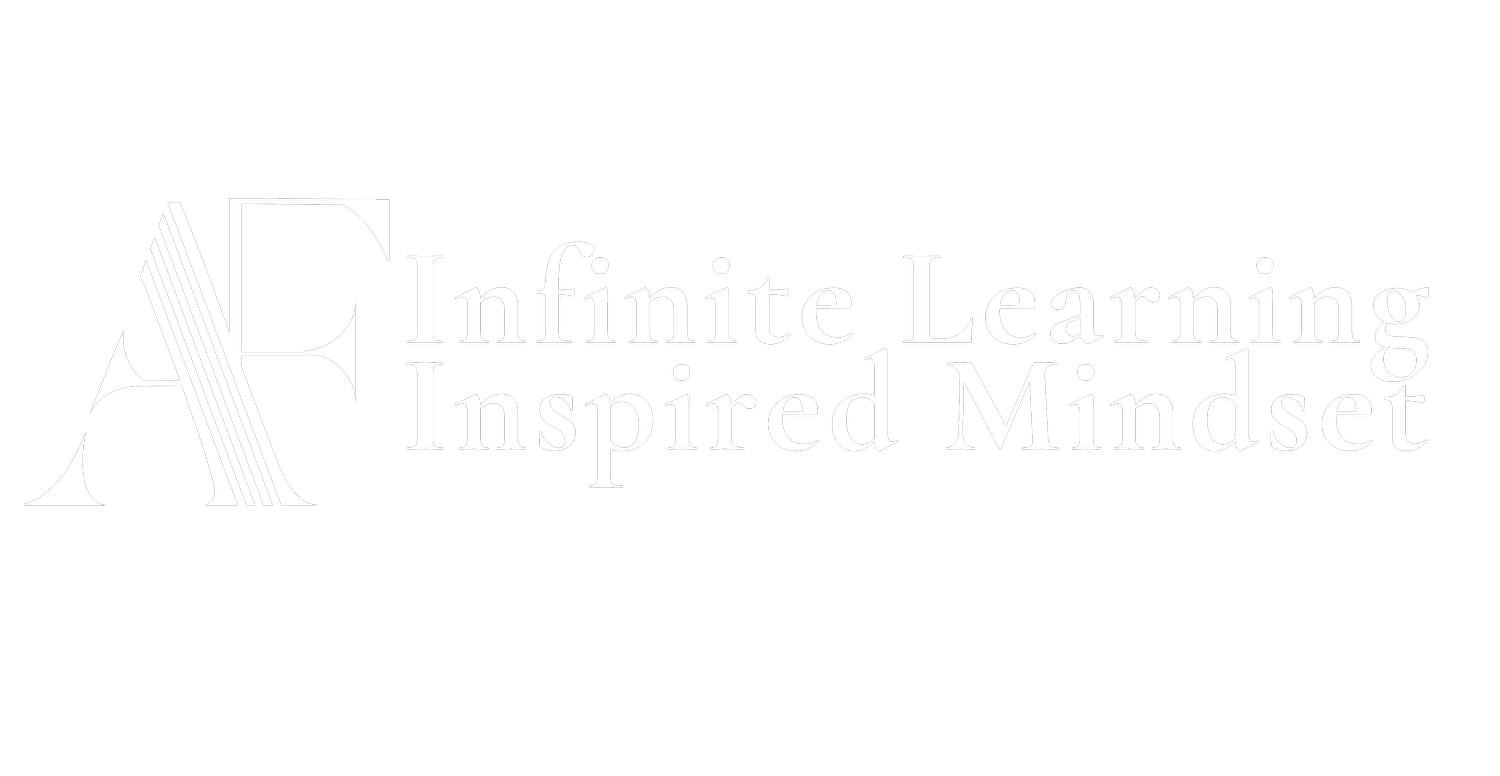OUR VIEW:UMassD set to unveil innovative approach to higher ed
This article was originally published on SouthCoastToday.
It used to be that you graduated from college and went to work in corporate America, or at a university, and stayed there for life. Or at most you went to work doing a similar job for a competitor to your original employer.
But those days are gone as the economy, we are told, is changing so rapidly that technology is constantly inventing new jobs and careers, and then in many cases, moving on from those positions just a few years later. The typical college graduate can now expect to have 17 jobs over the course of their work life and three of them have not yet been invented.
The U.S. is going to fall about 5 million workers short of industry’s labor demands for those skilled, technology driven positions.
Chancellor Robert Johnson describes the situation as a challenge the University of UMass Dartmouth intends to meet by educating its students not for one career but for a skill set and especially, a mindset, that will allow them to think of themselves as lifelong learners.
Toward this end, Johnson has unveiled plans for a Future of Work Academy and Boot Camp to help students understand things like how to function as members of a team; how to apply knowledge creatively and the skill of entrepreneurship. Empathy, social and emotional intelligence, divergent thinking, and the ability to use skills to set up a profitable business are all skills that can be taught with the right state of mind.
“It is a very exciting time at UMass Dartmouth,” said Johnson at a recent meeting with Standard-Times editors at which he said he expects the university, which has seen declining enrollments for seven or eight years, will stem that tide this year.
UMD, known for among other things its fine business, engineering and marine science schools, sends its students every year to the best graduate programs in the country and the best companies. It has a world-renowned faculty.
But the school also has its challenges, among which is that only 29 percent of Bristol County residents possess a bachelor’s degree versus 43 percent statewide and 31 percent nationally. South of Boston, over 300,000 people who started toward a college degree never completed it.
Improving that metric will put SouthCoast in position to compete more successfully for the technology driven jobs of the future.
The Future of Work Academy will be designed to help these non-traditional students — many of them older — to not only get training for new skills but to be retrained in how they think about learning. The goal is to give students the uniquely human skills that can’t be done by robots and that add value to a business. The Boot Camp will have similar aims for traditional students coming from high school and beginning their college careers.
We have an opportunity to educate our labor force,” Johnson said. He describes it as the importance of the “agile mind.”
“The power of learning is about learning how to learn for the rest of your life,” he said.
That’s an exciting approach that UMass Dartmouth has embarked on, an approach that makes good sense as science and the economy continue to rapidly change the work world.

